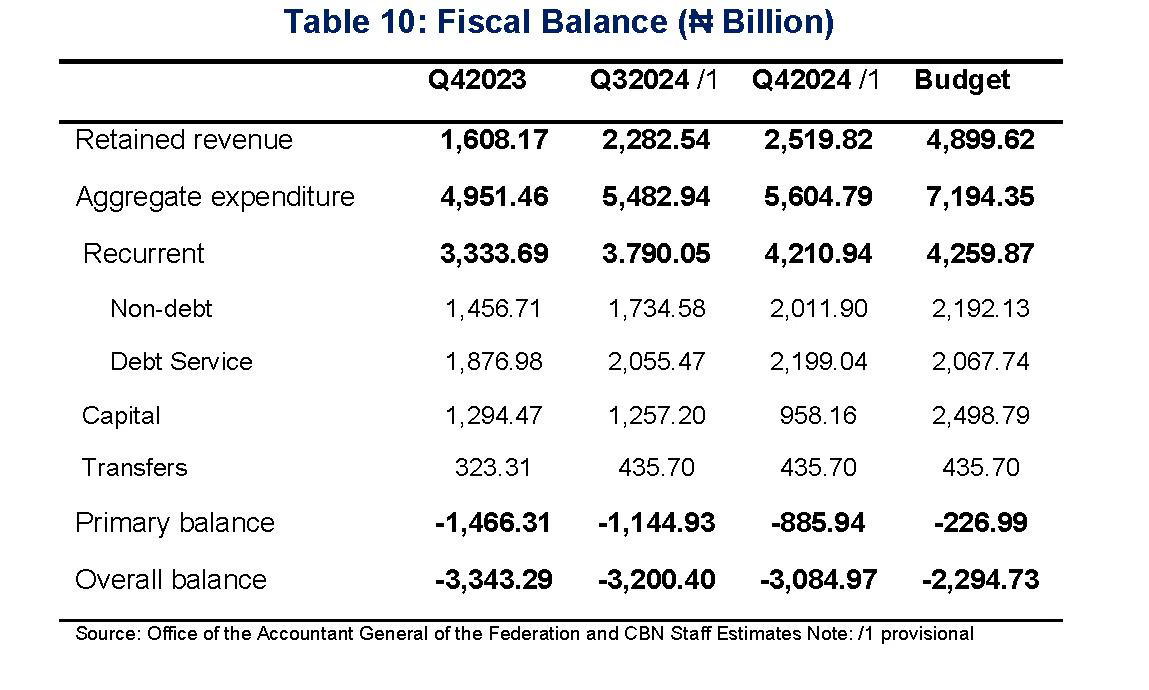Reading as Instructed
The CBN Governor said Nigerians don't read. So I took him up on the challenge.
I had a good laugh at a newspaper report yesterday quoting the Central Bank Governor, Yemi Cardoso, lamenting that Nigerians do not read. Here’s the full quote:
Cardoso spoke on Monday during the launch of the May 2025 edition of the NDU in Abuja.
“I think it’s a very useful document, and I really do want to commend the World Bank for taking the time and the effort to put this out every six months; very useful,” he said.
“However, I do feel that Nigerians perhaps don’t read enough. They don’t take advantage of, and policymakers by extension, of such useful analysis, which is readily available.
“Why do I say so? Apart from many of the things we hear at times, I remember at one point in time we looked at the website, and we were appalled by the fact that barely 1,000 or 2,000 people had downloaded that particular document.
“Very useful, very concise, and I would encourage as many as possible to look at that document. In some areas we are not necessarily on the same page, to be honest, but it’s still a useful framework to start to understand the complexities of the situation. So well done to the World Bank.”
At first glance the statement sounds perfectly sensible and it is, after a fashion. In Nigeria a book that sells 5,000 copies can legitimately boast a label of “best-seller.” And, in principle, a public official who tells citizens to read official documents ought to be commended; most of them put out documents in the hope you don’t read them.
But when we take the CBN Governor at his word by opening the files, and reading them line by line, the mood changes. Suddenly we start getting questions that seem to have no answer.
Wale goes to Washington
Let’s start with the excerpt below from an investor presentation by the Finance Minister, Wale Edun, in Washington on April 23, 2025. :
You can find the full presentation below
In the news report quoted above, the CBN Governor was encouraging everyone to go read the World Bank’s Nigeria Development Update (NDU) for May 2025 titled Building Momentum for Inclusive Growth. Now if you go into the report (page 12) you find the table below measuring the Nigerian government’s fiscal deficit:
The first point of contention is the deficit itself. The finance minister reports a 2023 shortfall of 4.6 percent of GDP, yet the World Bank places it at 5.1 percent. The divergence widens for 2024 - 2.1 percent in the minister’s account versus 3.8 percent in the World Bank’s. These are not trivial rounding differences; they amount to hundreds of billions of naira separating declared revenue from actual expenditure.
The World Bank’s document makes the arithmetic plain when you read further down. Page 11 records federal revenue for 2024 at ₦12.4 trillion, while page 12 shows expenditure of ₦22.9 trillion. The resulting fiscal deficit is thus ₦10.5 trillion. When we sense check this against the NBS estimate of 2024 GDP - ₦277 trillion - that gap represents 3.8 percent of GDP, precisely the World Bank’s figure in the chart above and materially higher than the government’s 2.1 percent as communicated by the finance minister.
Reading at the CBN Library
Now let’s go to Cardoso’s CBN. The following numbers are quarterly so we have to add them to arrive at the full numbers for 2024.
Here is Q1 and Q2 2024:
We work out from the above that the government’s revenues were ₦3.768 trillion while it spent ₦12.191 trillion, leaving a deficit of ₦8.423 trillion.
Now here’s Q3 and Q4 2024:
Now we have ₦4.802 trillion in revenues against ₦11.088 trillion in spending for a total deficit of ₦6.286 trillion.
When we put that all together for the year, we get ₦8.570 trillion revenues against ₦23.279 trillion in spending for a grand total deficit of ₦14.709 trillion. No need to wipe your glasses, you are reading those eye-watering numbers correctly.
All those charts are from the CBN’s Quarterly Economic Reports. You can find them below:
What’s the deficit?
Three credible, public sources now spell out the fiscal picture:
Finance Ministry (Wale Edun): 2024 deficit – ₦6.6 trillion
World Bank: 2024 deficit – ₦10.5 trillion
Central Bank of Nigeria: 2024 deficit – ₦14.7 trillion
I uncovered these figures only because the CBN Governor rebuked us as non-readers. Deeply ashamed of myself as a non-reader, I went and read the documents and emerged more confused than before I had read anything. The CBN’s estimate is more than double the number the finance minister presented to investors in Washington, while the World Bank, ever the conciliator, sits squarely between the two.
Leave aside the shocking state of the government’s finances for a moment (that deserves a separate post of its own), the lesson here is to be careful what you wish for. When separate arms of government publish fiscal figures that cannot be reconciled, they torch what little confidence remains in their stewardship of the economy. The gaps here are far too wide to dismiss as quirks of capital-expenditure accounting or other technical accounting treatments. If those differences are genuine, the Finance Ministry, CBN and every other agency involved must produce a single, reconciled statement, before pushing any more numbers into the public domain.
For now I’m going to go back to reading novels.






Out: Vibe-coding
In: Vibescountancy.
Nigeria can't seem to accurately count or measure anything. Can't count people, can't count money, nothing.